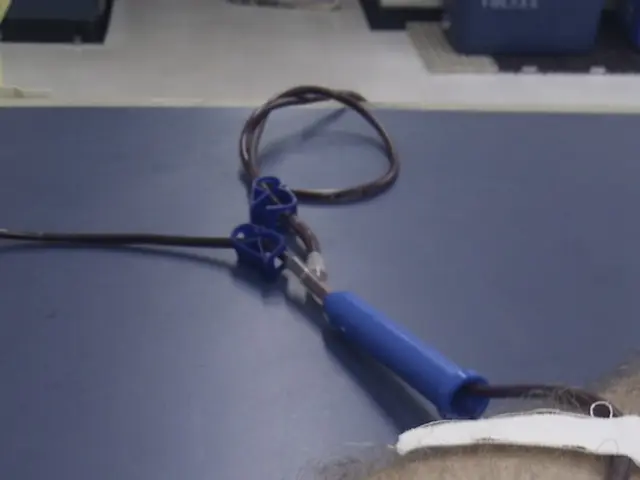Give Those Grieving the Gift of Time: New Regulation Allows Maternity Leave After Miscarriages, Starting June 1st
Post-miscarriage maternity protection becomes an option - Miscarriage no longer prohibits maternity protection eligibility.
Hey there! Here's the scoop on a game-changer for expectant mothers. On June 1st, a new regulation comes into play that allows women who suffer a miscarriage after the 13th week to claim maternity leave. But what does this mean in practice? Let's dive into the details and see how many women this rule will truly help.
How Did We Manage Maternity Leave Before?
The Maternity Protection Act primarily covers the period before and after the birth of a child. This protective period typically starts six weeks before the baby's arrival and lasts eight weeks following. During this time, women usually take a break from work in their profession. They're entitled to maternity benefits that replace their salary during this time.
What About Miscarriages?
Previously, if a woman had a miscarriage, she was reliant on a sick note. The Maternity Protection Act didn't offer any maternity protection or benefits during this period unless the miscarriage happened after the 24th week of pregnancy.
The Nitty-Gritty of the Politics
What's Changing Exactly?
The new law introduces a graduated approach: The later in pregnancy the miscarriage occurs, the longer the maternity protection period. Women having a miscarriage after the 13th week will now be granted two weeks of maternity protection, followed by six weeks if the miscarriage happens after the 17th week, and eight weeks if it occurs after the 20th week. No maternity protection is provided for miscarriages occurring before the 12th week.
Do I Have to Take Maternity Leave?
Nope! If a woman chooses to work rather than take the new maternity protection period, she may do so according to the new law.
What About Self-Employed Women?
The regulation will also apply to self-employed women who are compulsorily insured, as well as soldiers and civil servant women. However, privately-insured self-employed women are currently excluded. The new federal government is planning to extend maternity protection benefits to the self-employed according to their coalition agreement, but a timeline for this change hasn't been set yet.
Who Will Benefit From the New Rule?
It's tough to give a precise number, as there are no official statistics on the number of women who have claimed maternity protection due to miscarriage or the number of miscarriages that occur during the protected period. Experts estimate that about one in three women in Germany experiences a miscarriage.
According to research by the Fraunhofer Institute for Applied Information Technology (FIT), around 90,000 pregnancies end in miscarriage each year. Approximately 6,000 of these occur between the 13th and 24th week of pregnancy. The majority (84,000) of miscarriages happen before the 12th week of pregnancy, for which there is no maternity protection claim.
So there you have it! A much-needed change that provides a bit more support for women during a difficult time. Remember, knowledge is power, so stay informed and keep inspiring conversations! 😊🤰🏼👶🏼💕
- The new regulation, effective from June 1st, also emphasizes the importance of mental health and wellness by extending vocational training opportunities to those taking maternity leave due to miscarriages.
- Amidst the debate on community policy, there's a renewed focus on women's health, as the new law provides maternity protection for those experiencing miscarriages in their second trimester, which could also address issues related to women's reproductive health, such as menopause.
- As part of the effort to upskill the workforce, vocational training programs might consider incorporating science and health-related topics to better support women dealing with issues like miscarriage, knowing that almost one-third of women in Germany experience a miscarriage each year.









